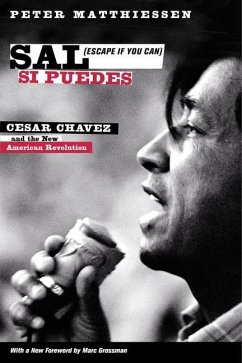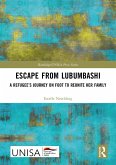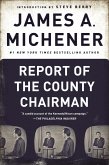In the summer of 1968 Peter Matthiessen met Cesar Chavez for the first time. They were the same age: forty-one. Matthiessen lived in New York City, while Chavez lived in the Central Valley farm town of Delano, where the grape strike was unfolding. This book is Matthiessen's panoramic yet finely detailed account of the three years he spent working and traveling with Chavez, including to Sal Si Puedes, the San Jose barrio where Chavez began his organizing. Matthiessen provides a candid look into the many sides of this enigmatic and charismatic leader who lived by the laws of nonviolence.
Sal Si Puedes is less reportage than living history. In its pages a whole era comes alive: the Chicano, Black Power, and antiwar movements; the browning of the labor movement; Chavez's fasts; the nationwide boycott of California grapes. When Chavez died in 1993, tens of thousands gathered at his funeral. It was a clear sign of how beloved he was and how important his life had been.
A new foreword by Marc Grossman considers the significance of Chavez's legacy for our time. As well as serving as an indispensable guide to the 1960s, this book rejuvenates the extraordinary vitality of Chavez's life and spirit, giving his message a renewed and much-needed urgency.
Sal Si Puedes is less reportage than living history. In its pages a whole era comes alive: the Chicano, Black Power, and antiwar movements; the browning of the labor movement; Chavez's fasts; the nationwide boycott of California grapes. When Chavez died in 1993, tens of thousands gathered at his funeral. It was a clear sign of how beloved he was and how important his life had been.
A new foreword by Marc Grossman considers the significance of Chavez's legacy for our time. As well as serving as an indispensable guide to the 1960s, this book rejuvenates the extraordinary vitality of Chavez's life and spirit, giving his message a renewed and much-needed urgency.
Dieser Download kann aus rechtlichen Gründen nur mit Rechnungsadresse in A, D ausgeliefert werden.









